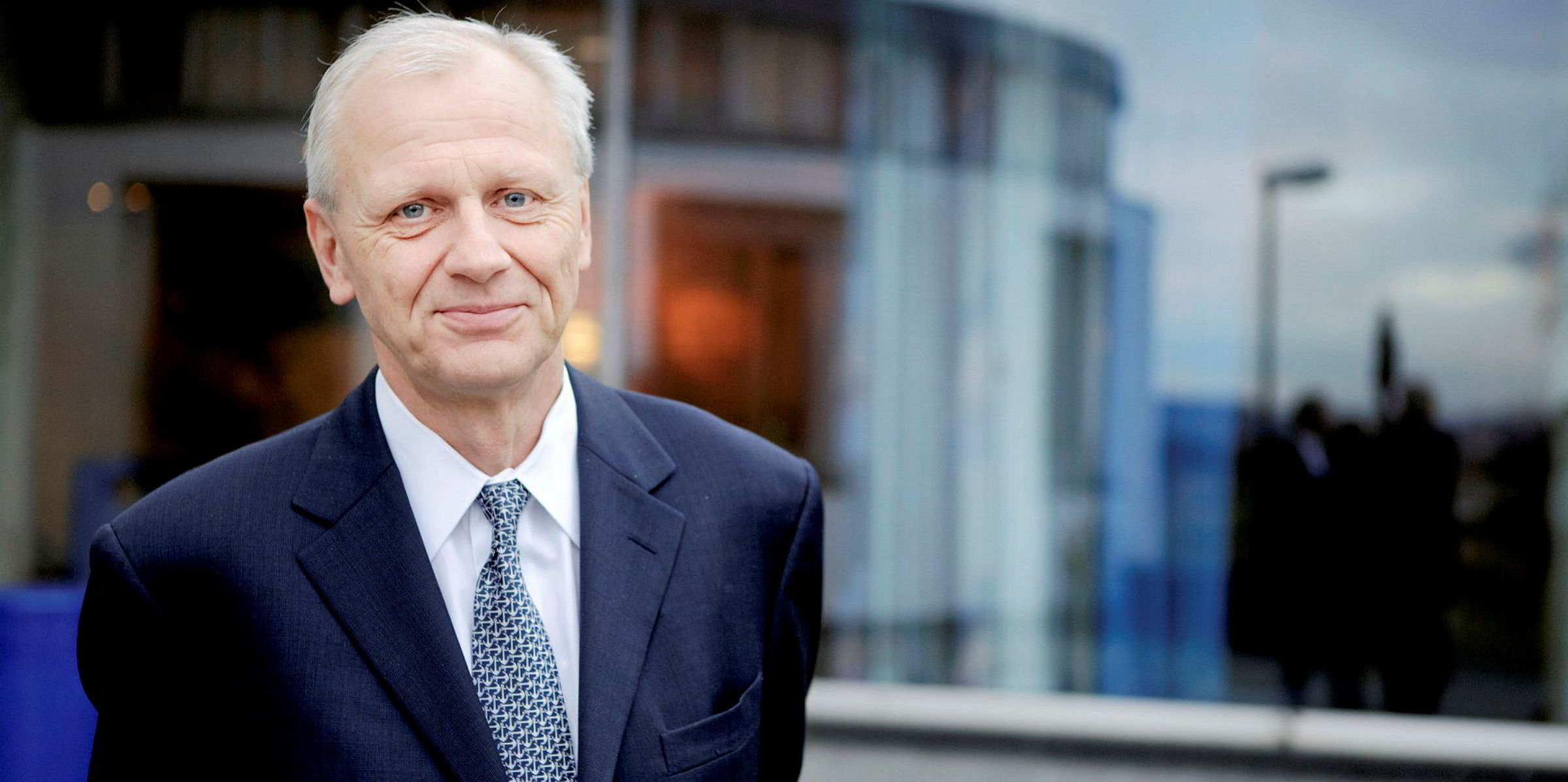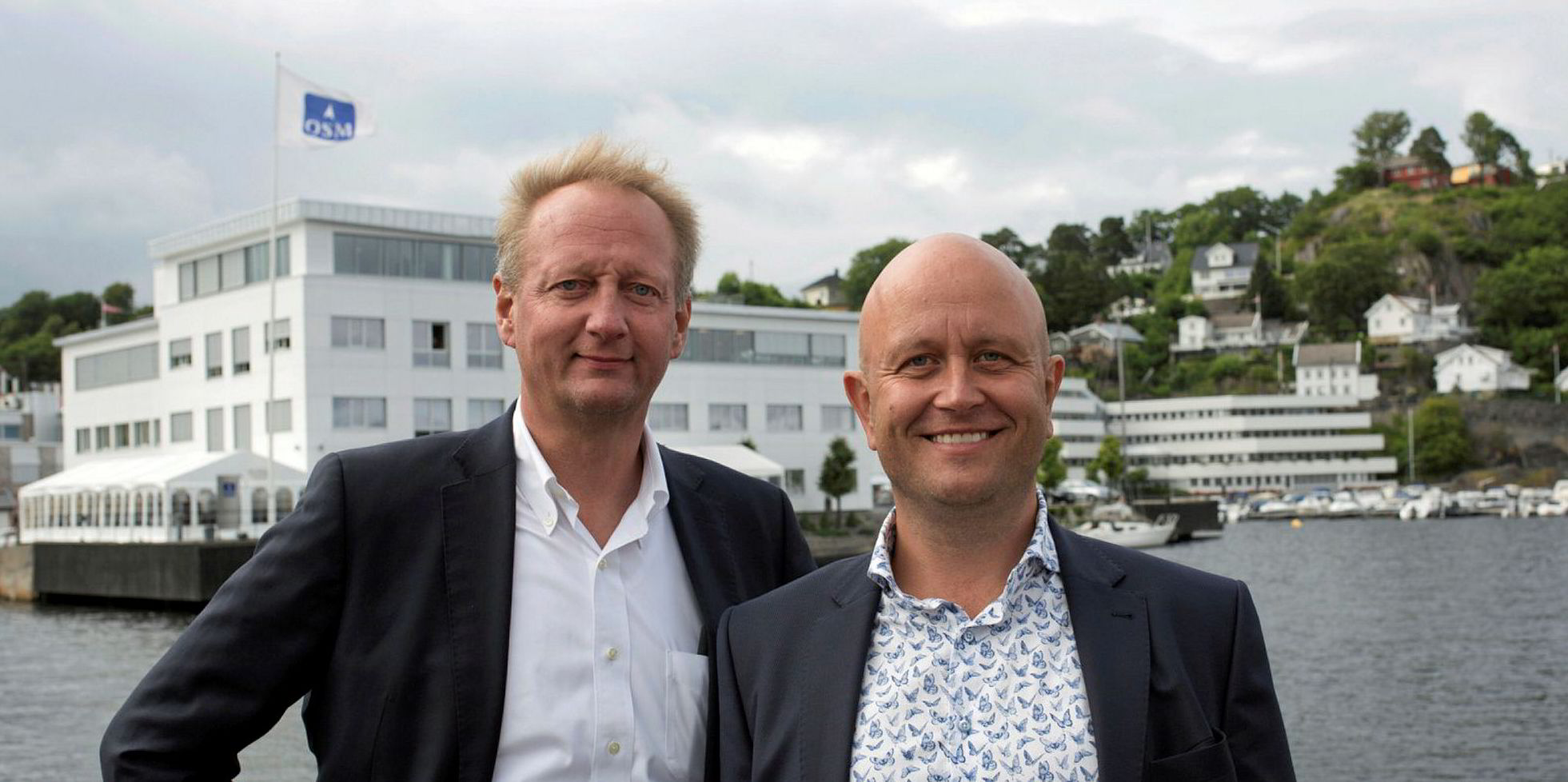Norway's Kristian Gerhard Jebsen Skipsrederi (KGJS) has reported improved results for 2019, but the Bergen-based shipowner remains in the red.
The company had an operating profit of $17.6m last year against a $59.2m loss in 2018.
KGJS is one of Norway’s biggest shipowning companies, and poor markets particularly in the tanker business led the company to write down the value of its fleet by $240m in the three year period from 2016 to 2018.
But last year was the first time in several that the Hans Peter Jebsen-controlled company delivered a positive operating profit.
After finance items, KGJS had a pre-tax loss of $23m, but this was a sharp improvement from 2018, when the company had a $86.6m loss.
Operating revenue increased from $234m to $242m, with almost 80% coming from the tanker business.
KGJS is also involved in the cement business, where the operating revenue dropped by more than 15% to slightly less than $38m. Revenues from dry bulk totalled less than $10m.
At the end of 2019, KGJS had a fleet of 30 wholly owned and partly owned vessels plus two kamsarmax newbuildings at Japan Marine United (JMU) set for delivery this year.
Split ownership
Eight kamsarmaxes have until recently been owned in a 50:50 joint venture with the JP Morgan-owned Global Maritime Investment Fund. Ownership of these ships are now split, so that KGJS owns 100% of four of the vessels.
The eight sisterships are marketed in the two companies' common Bulk Trading Group pool.
Meanwhile, KGJS chief executive Geir Mjelde confirmed to Finansavisen that the company has sold two 2003-built suezmaxes as part of a fleet renewal effort.
Mjelde took over as CEO in June 2019 to replace Jan Pedersen, who had been CEO in the family-owned company for 26 years.




